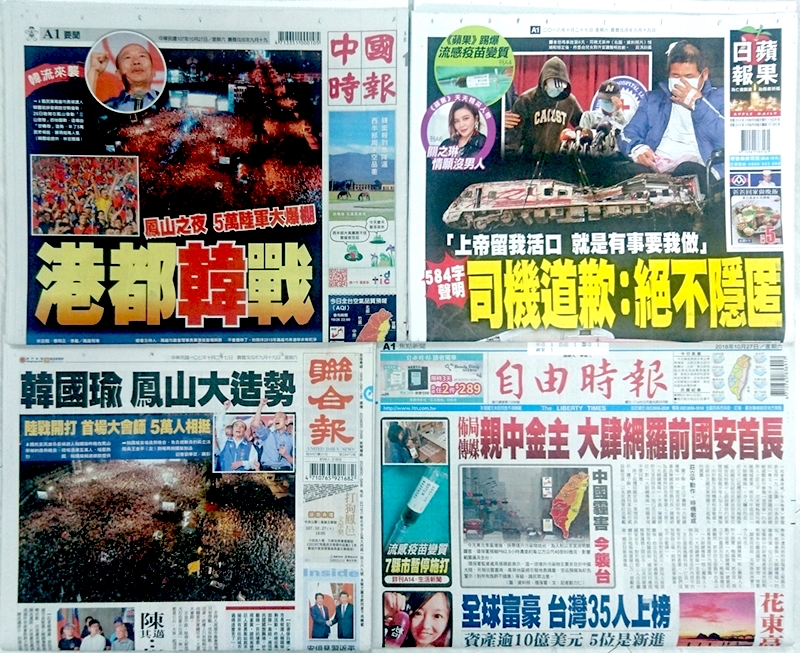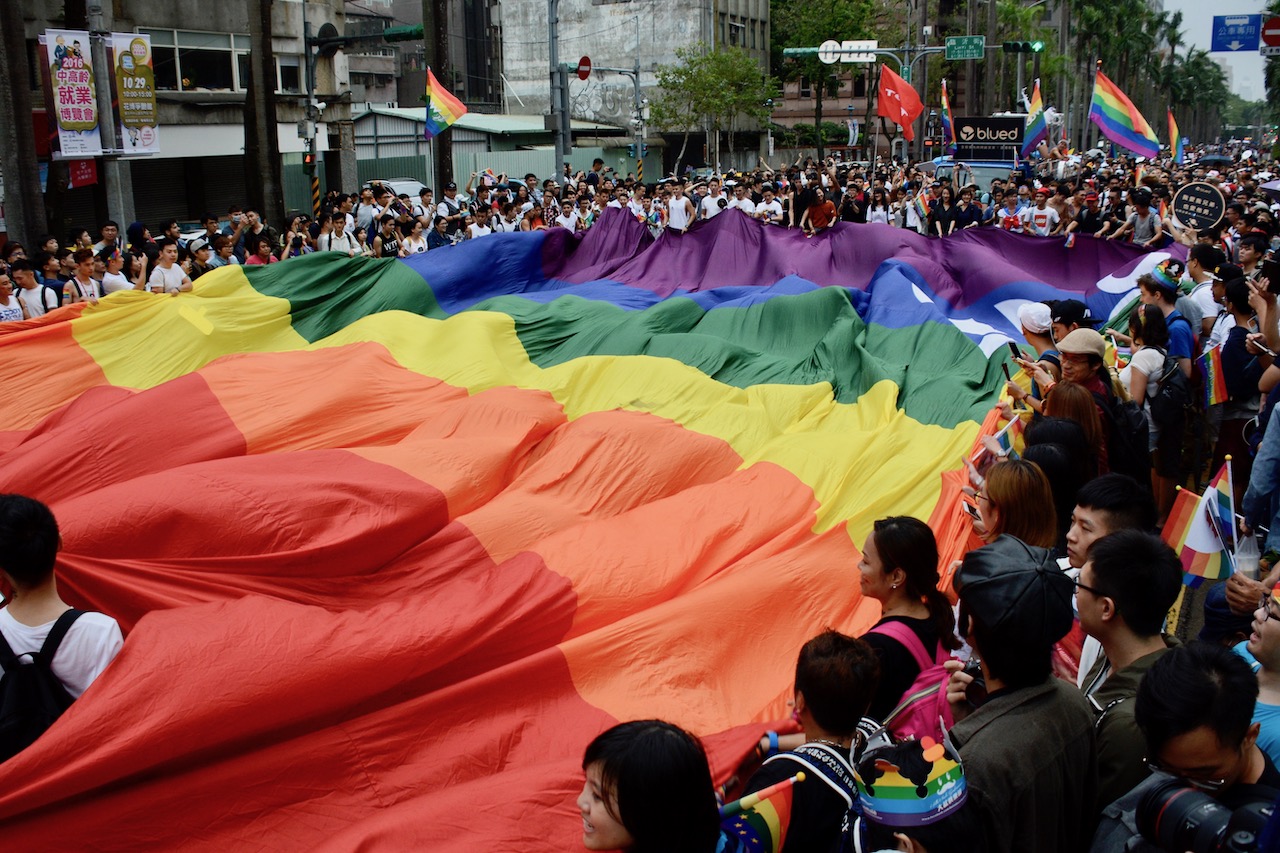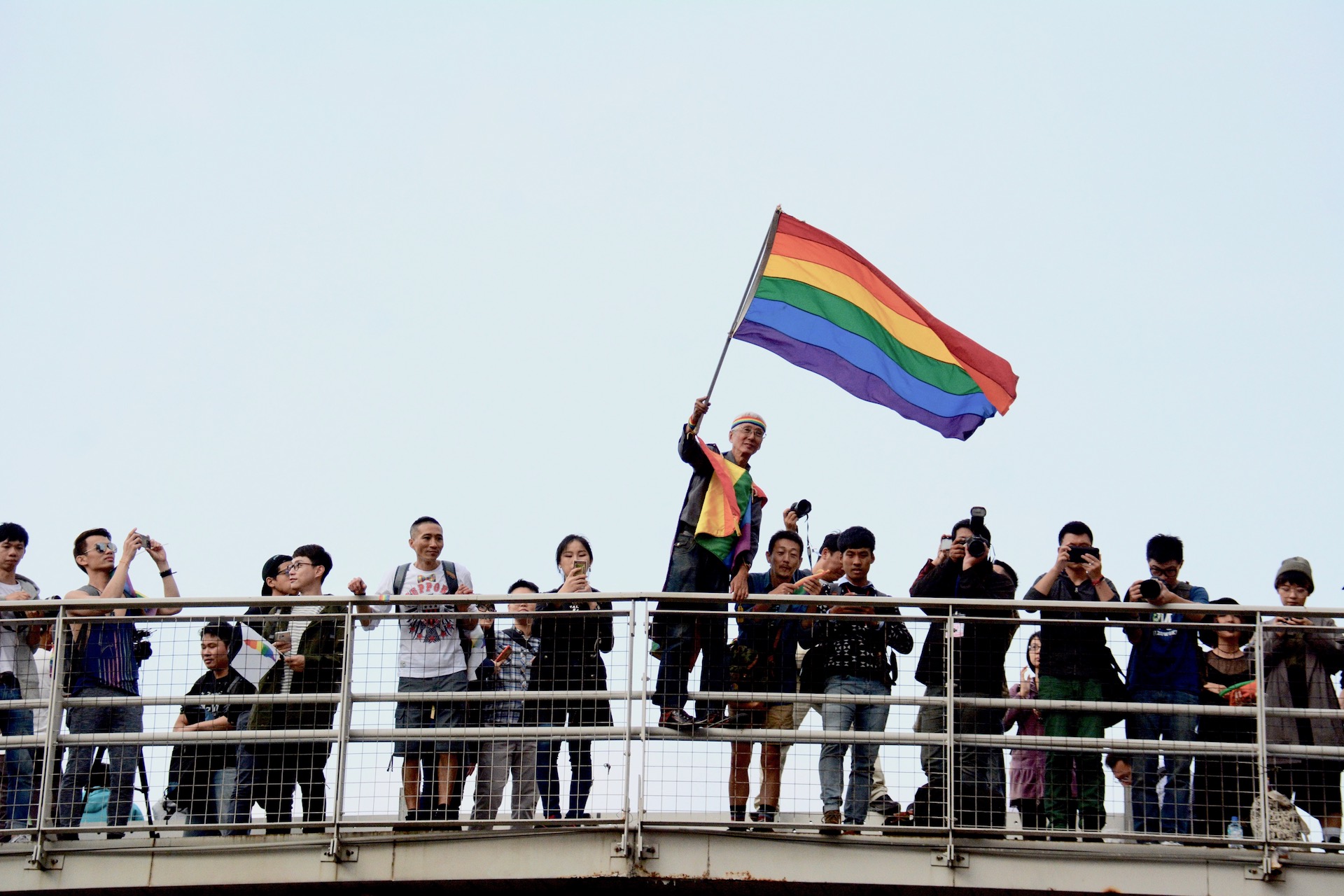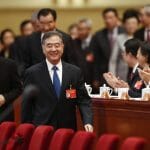What sets Taiwan apart, and what gives it its value, is what it stands for — its national narrative, the values it embraces, and how it presents itself, however imperfectly, as an example for a region where authoritarianism is rampant.
It’s been two weeks, give or take a day, since Taiwan’s Nov. 24 nine-in-one local elections and concurrent referenda. Since that fateful Saturday, many of us who didn’t expect the results that came out of that civic exercise have asked, “What happened?” Why did money — or the promise thereof by politicians who vowed to dispense with the politics — win? Why did conservative groups, who seem to stand opposed to everything that our beloved Taiwan supposedly stands for, make such gains against the LGBTQ cause, against science, reason, common sense?
Never mind the disorderly orchestration of the elections by the organization in charge, or the (high) likelihood of Chinese interference, or overall discontent with the Tsai Ing-wen administration, which may or may not have impelled “green” voters to stay home. For truth be told, 11/24 was a victory for conservatism, an undoing of an image, true or only partly so, of Taiwan as a beacon of progressiveness in a region where such values are conspicuous mostly by their absence.
Eleven-twenty-four was a perfect storm, where narrow material interests, greed, amnesia, impatience, interference, inattention, fear, disinformation and showmanship all came together to assail the very fabric of a national narrative that has done much to help Taiwan counter the isolation that Beijing wishes upon it. No single factor was decisive in this reversal; but in the aggregate, they empowered those who have different ideas for Taiwan.
Gains by the Kuomintang (KMT) were accomplished on platforms that focused on the economy. In Kaohsiung and Taichung, the winners vowed to recognize the so-called “1992 consensus” and (re)open the doors to Chinese investment and tourism. Amnesia played a large role in all this, as if eight years of KMT rule between 2008 and 2016, when the government promised that closer engagement with China would revamp a stagnant economy, had not put those defeated claims to rest. It didn’t help that a good number of Taiwanese do not seem to know, or care much about, the implications of the “1992 consensus” or its inherent dangers. Although the case is far more complex, the optics for foreign audiences were not particularly encouraging: the Taiwanese ultimately don’t care about their freedoms or their nation, the results seemed to indicate. Money trumps all, the mighty renminbi included, and to hell with the (political) consequences. (It’s also bad for optics that, again in municipalities like Taichung and Kaohsiung, the mayors-elect have been busy putting together administrations where cronyism and local clans figure prominently.)
On marriage equality and gender education — two targets of referenda initiated by ultraconservative Dominionist Christian groups — intolerance masquerading as the defense of “family values” prevailed over the enlargement of human rights and the proper teaching of human sexuality in all its gloried variety.
It’s very difficult to imagine how a shift to overall conservatism — a focus on moneymaking and backtracking on social issues — would in any way reinforce Taiwan’s position internationally. In fact, such a reversal would likely contribute to further isolation.
Disillusionment with the DPP has deflated hopes for a more progressive Taiwan among those who, after 2016, had looked forward to rapid change. Meanwhile, gains by the more conservative KMT and ultraconservative organizations have emboldened groups to form their own political parties. The Evangelicals, who draw inspiration and much of their ideology from U.S.-based counter-scientific groups, are in the process of forming a new alliance; as are strident Tsai critics in the “deep green” camp, who have also called for the creation of a political organization whose foundations are unquestionably conservative. The latter is already in the process of establishing links with likeminded groups and individuals in the U.S.
As a democracy, those are choices that the nation as a whole needs to make, however I would posit that a better-educated public, more responsible media and checks on rampant disinformation would likely have led to different outcomes. For the time being, Taiwan appears to have been swayed by the conservative backlash that has affected every corner of the planet in recent years. It would also be beneficial to Taiwan if more of its people were aware of what’s going on within their region: awareness of those contrasts would help them realize that overall, Taiwan is doing rather well on all fronts — economically, socially and politically. The pessimism that underscores politics in Taiwan, and which finds expression in the kind of swings we experienced on 11/24, is unwarranted. Yes, things can be improved upon, and the government should do more. But none of this warrants the embrace of politics (and politicians) that can only help Beijing achieve its objectives vis-à-vis Taiwan, or of ideologies that undermine the extraordinary progress that Taiwan has made on several social issues since democratization.
What the Taiwanese now need to seriously ponder is what kind of impact, if any, this embracing of conservative values will have on Taiwan’s image abroad. What makes Taiwan special, what distinguishes its society from, say, Singapore, China, Japan, South Korea, Macau or Hong Kong, isn’t the economy. Whether Taiwan registers 3% GDP growth this year or 7% won’t do much for its visibility globally, except perhaps among investors; in fact, such data would mean absolutely nothing after annexation by China. Just like Hong Kong or Macau, the economic entity would continue to exist and the rest of the world wouldn’t notice (this is exactly what groups like the pro-Beijing China Unification Promotion Party have been advocating for Taiwan, by the way). Instead, what sets Taiwan apart, and what gives it its unique value, is what it stands for — its national narrative, the values it embraces, and how it presents itself, however imperfectly, as an example for a region where authoritarianism is rampant. For young people from the Philippines, China, Hong Kong, Vietnam, Cambodia, Singapore and elsewhere, Taiwan’s successes serve as model, a source of inspiration, something they would wish for their own countries, even if they know that Taiwan remains a work in progress. Reporters Without Borders didn’t choose to open is regional office in Taiwan because of its GDP performance; rather, it did so because Taiwan offers the freest media environment in Asia, and a place where its employees can conduct their work free of interference and harassment by the authorities. Many, if not most, of Taiwan’s friends and allies worldwide likewise care about its fate not because of its economic achievements, but rather because of what it symbolizes.
Yes, some of what has been described above is aspirational and includes elements of myth, but so do all national narratives. It’s very difficult to imagine, however, how a shift to overall conservatism — a focus on moneymaking and backtracking on social issues — would in any way reinforce Taiwan’s position internationally. In fact, such a reversal would likely contribute to further isolation: Taiwan would be just like the many other states in Asia, homogenous, seemingly driven by greed, uncaring of liberal-democratic ideals or of the rights of the minorities in its midst. With such a bland, conservative Taiwan — the country is not there yet, but we must be wary of trends in that direction as conservative forces are in ascendancy — why should the rest of the world care about what happens to it? It’d just be another plot of land, a place where money is made, where politics, the unending contest for ideas and ideals that enriches our existence, have been aborted by cynics like Han Kuo-yu and an electorate that couldn’t be bothered.
Elections tell tales about the countries that hold them. The ones that were held last month said unexpected things about Taiwan. The Taiwanese must now decide for themselves if this is the story they want to broadcast to the world.
Top photo courtesy of the Han Kuo-yu official Facebook page.
You might also like
More from Society & Culture
Media and Free Expression in Taiwan Are Under Attack: What Can be Done?
How can we avoid the imposition of a blanket silence which can only empower our enemies and damage our democracy? …
Taiwanese Views on Homosexuality Based on Proximity of Relationship, Study Shows
The legalization of same-sex marriage in Taiwan should be viewed not just as a culmination of years of advocacy efforts …
Challenges Remain Following the Legalization of Same Sex Marriage in Taiwan
Despite the adoption of a new law on May 17, campaigns will continue to legitimize the kind of homophobic discourse …









